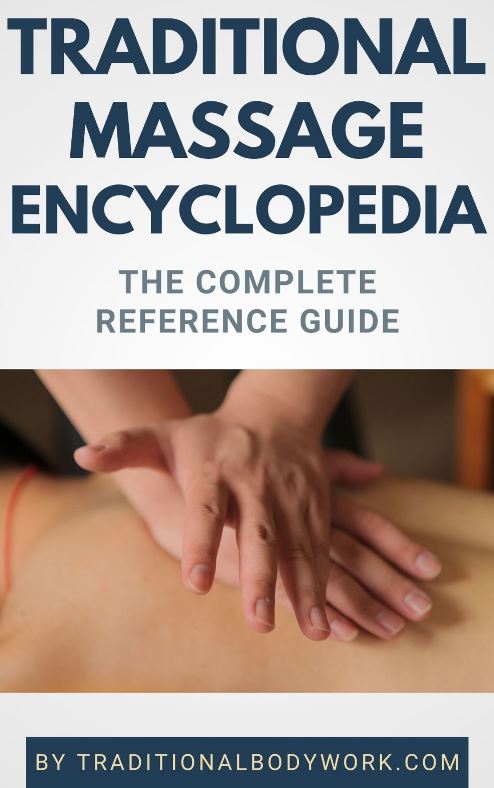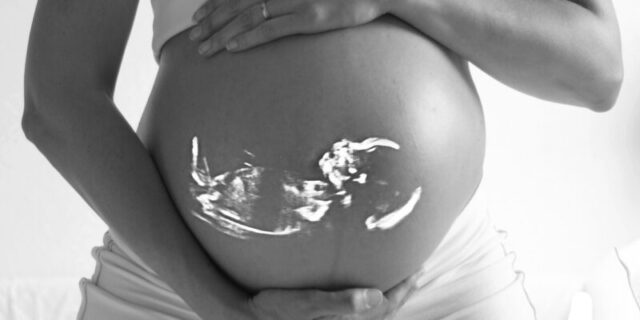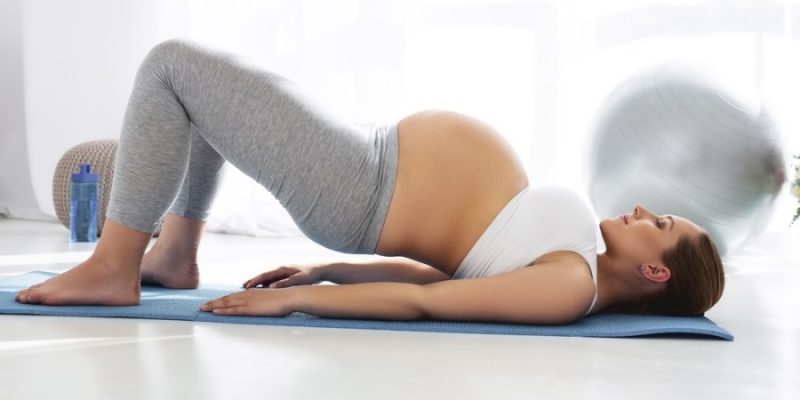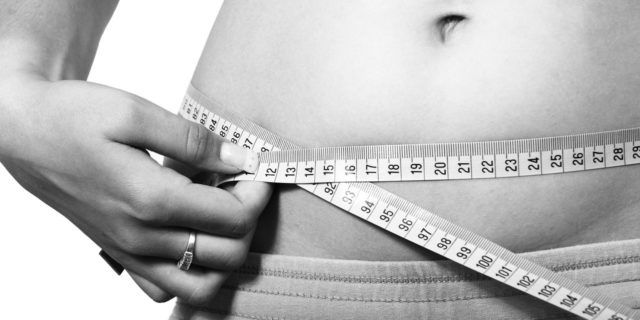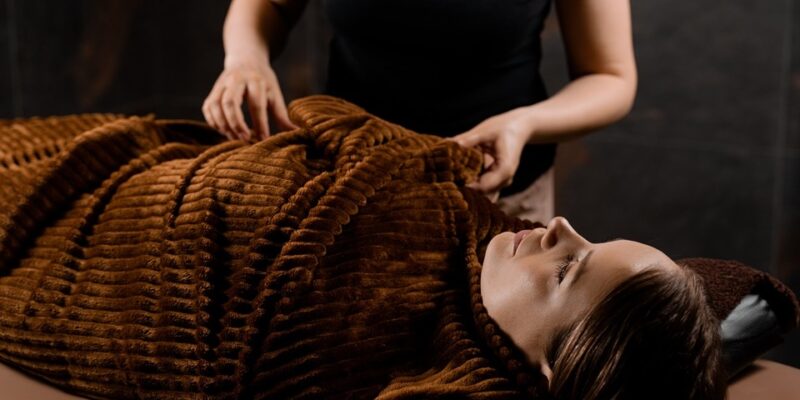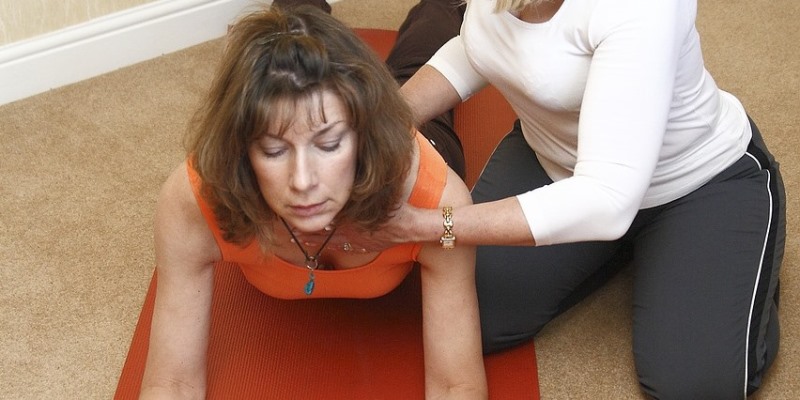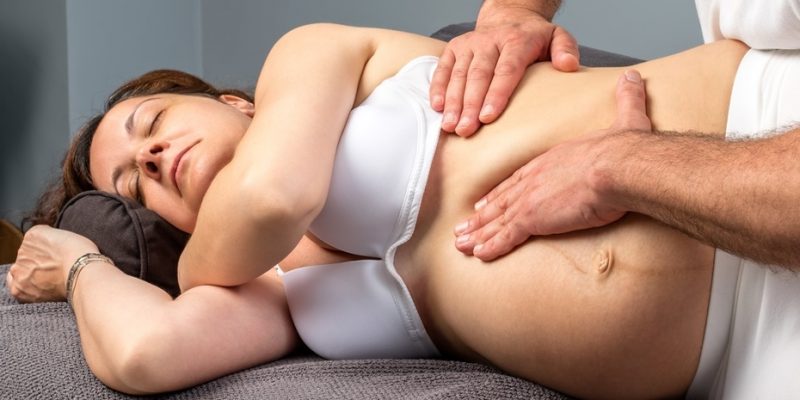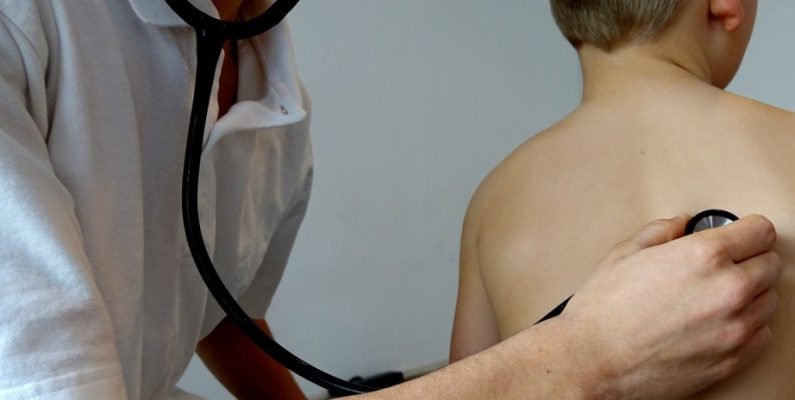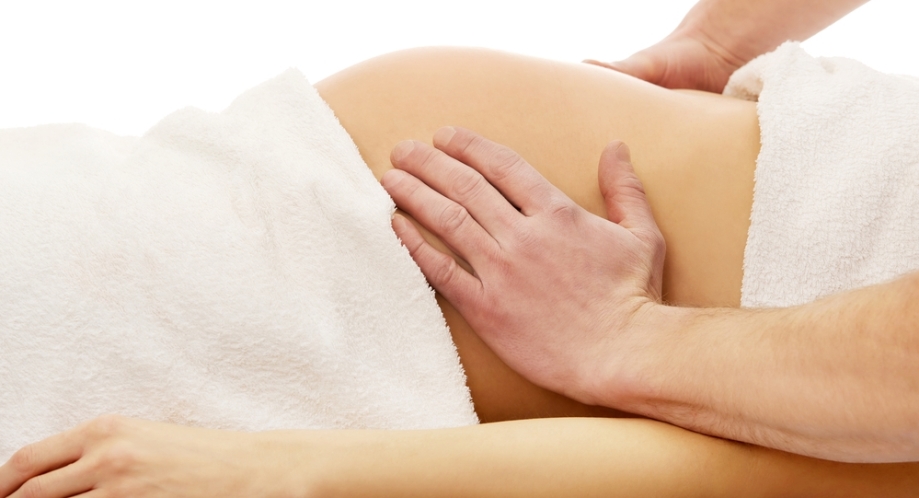
Pregnant women and those who are in their postpartum period (the latter also called postnatal period) are certainly not ill but they may have specific complaints connected to their pregnancy or postpartum time.
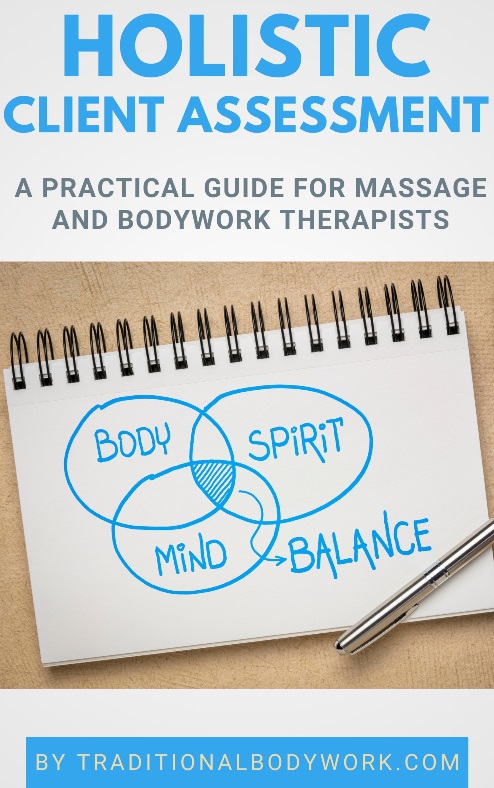
Hence, it’s always important to ask women if they are pregnant (and how far they are in their pregnancy) or if they are in their postpartum period (which is typically the period up to six weeks after childbirth, although complaints may stretch up to a year or even longer).
It’s also advised to ask women after their menstrual period, because women who are menstruating may have complaints connected to their period, while it may also limit the types of assessments or treatment techniques therapists can apply.
The same as just mentioned above also counts for women who are menopausal. For instance, in both cases (menstruation and menopause) women may experience muscle and joint pains, tender breasts, and emotional changes.
Pregnant Women
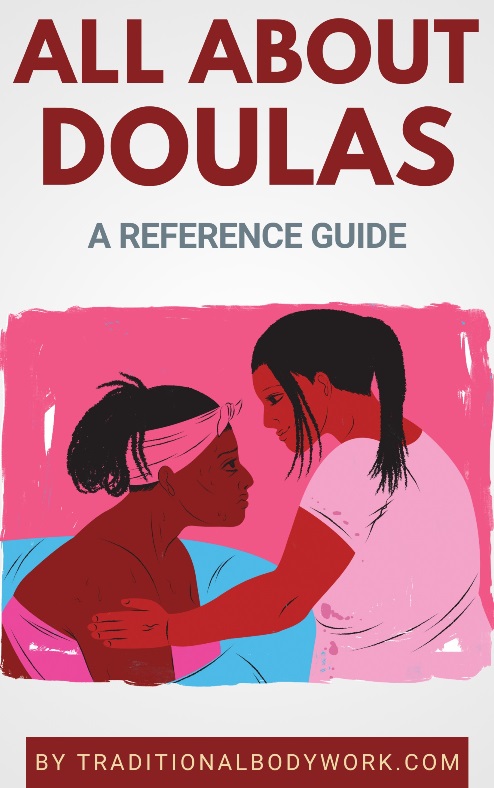
Mind that most pregnant women, at some point or the other in their pregnancy, will experience increased fatigue and strain, notably in the legs, knees, feet and ankles, abdominal area, hips, pelvis, and the lower back.
Depending on the individual case and the stage of pregnancy, all sorts of other health issues may appear, which include headaches, heartburn, mood swings, changed appetite, constipation, hemorrhoids, edema, morning sickness, frequent urination, pain in the neck and shoulder area, sleeping problems, breathing problems, anxiety and hypersensitivity, among others.
One part of discomforts is caused by the effects of hormonal changes that influence both body and mind. Another part is caused by more body weight due to a growing fetus, amniotic fluid, and supplementary blood plasma. Additionally, some women gain extra weight due to changes in appetite and metabolism, which nurtures an increased risk of strain and bodily discomforts.
Postpartum Women
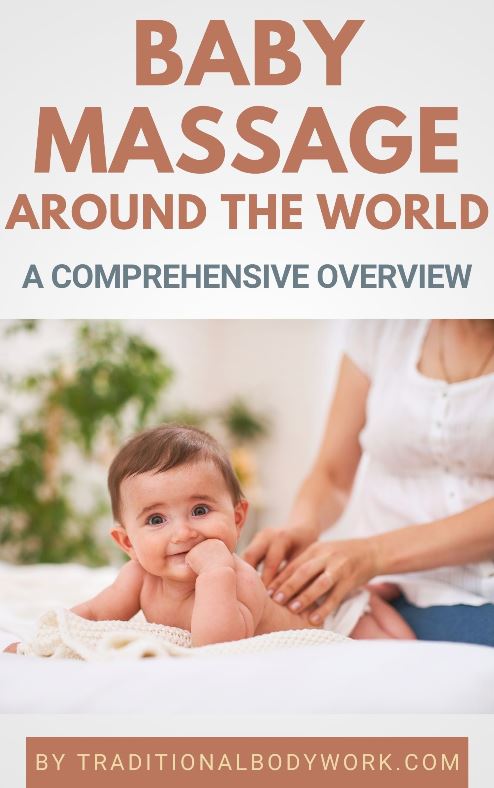
Postpartum women may have problems recovering from the stressful physical and emotional period of delivery and childbirth and all the new tasks that come with taking care of the newborn.
Typical issues that can come up in the postnatal period include emotional instability, hormonal fluctuations, postpartum depression, hemorrhoids and constipation, painful intercourse, pelvic instability, uterus displacement, unbalanced blood circulation, excess fluids and swellings, low back pains, abdominal pains, and other after-birth pains.
To make a long story short, postnatal women often need support of body and mind to recover back to the pre-pregnancy state, and holistic assessment needs to take the special phenomena that come with the postnatal period into account.

